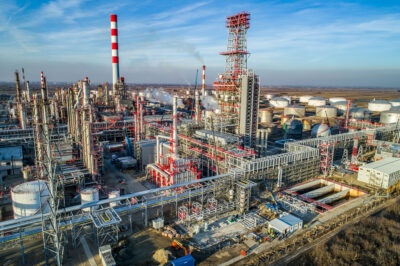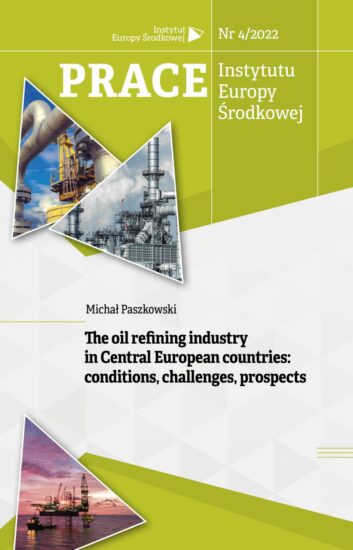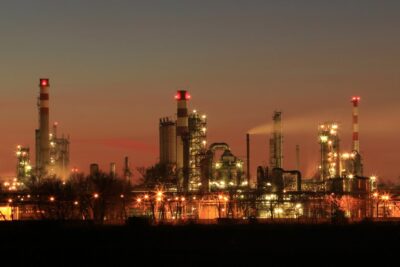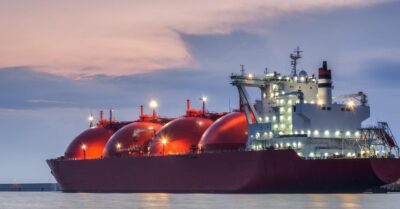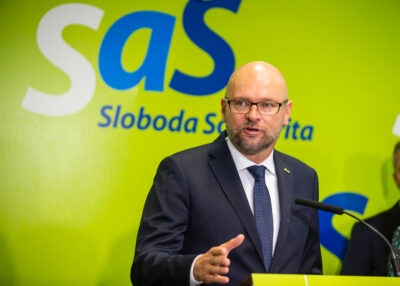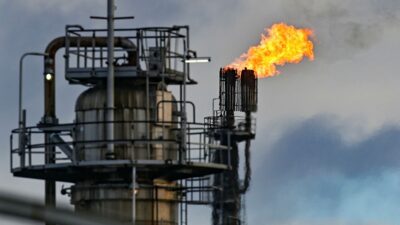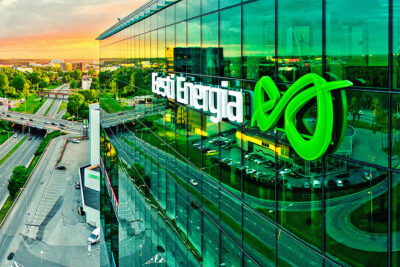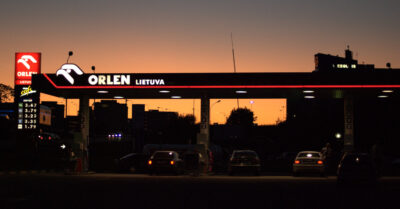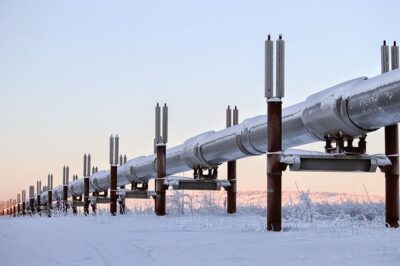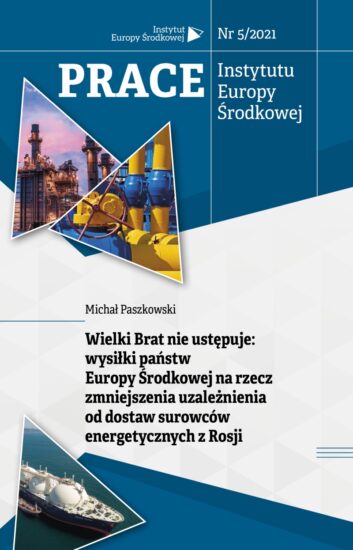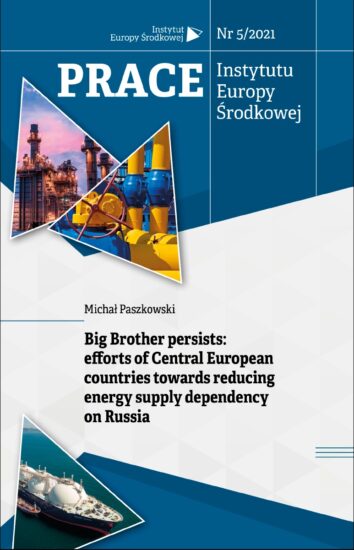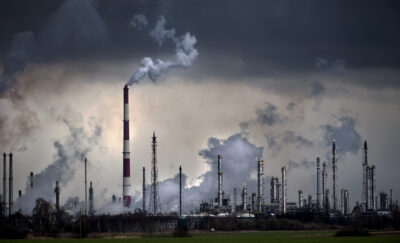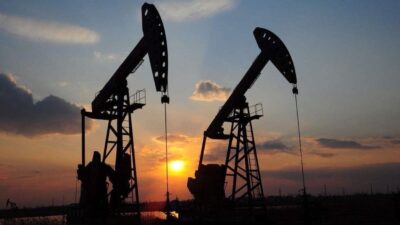EU sanctions against Russia and potential problems with Serbia crude oil supplies
The sixth package of sanctions against Russia introduced by the European Union in connection with the attack on Ukraine will have consequences for Serbian Pančevo refinery, owned by Russian companies. Deliveries to the plant are taking place via the Adria pipeline and the Omišalj oil terminal in Croatia, and the new sanctions prevent the unloading of Russian crude oil in EU...
More →
